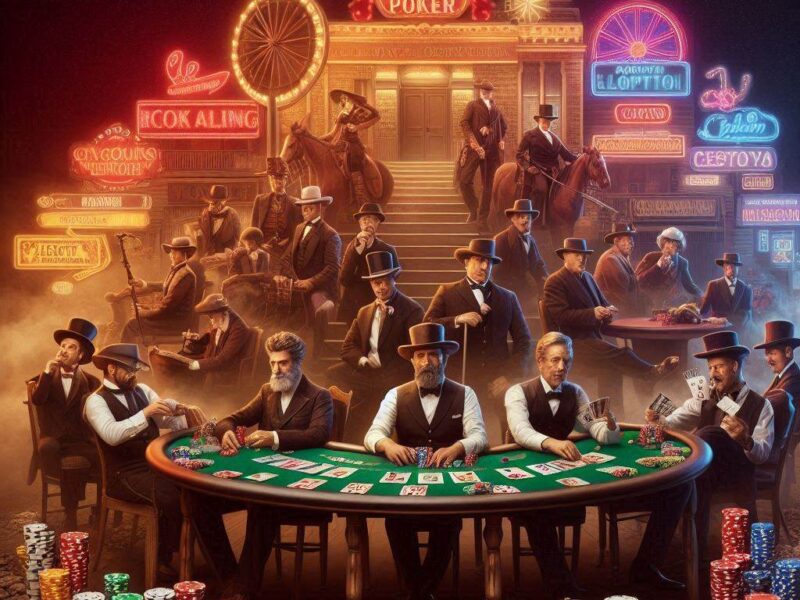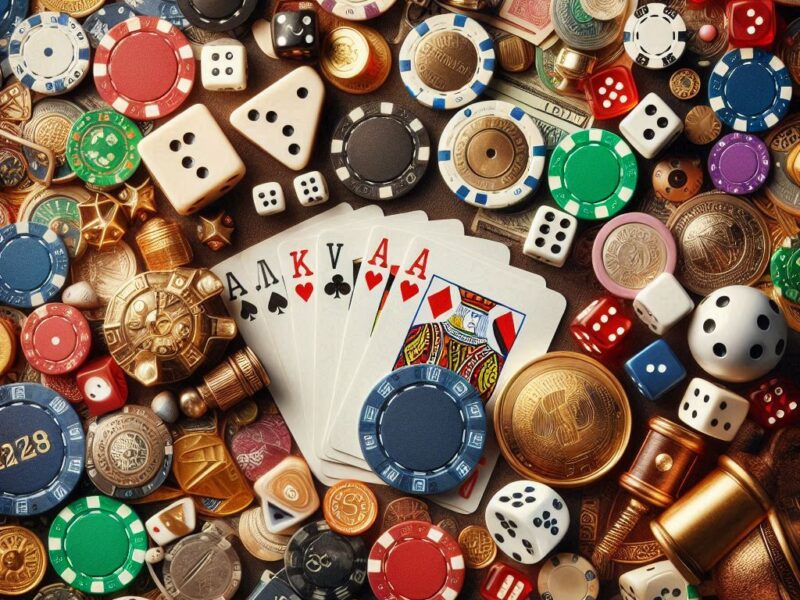Poker is not just a game of cards; it’s a complex psychological battle that takes place on the green felt of the casino table. Among the most powerful weapons in a poker player’s arsenal is the bluff. Mastering the art of bluffing is not merely about deception but understanding and manipulating the psychology of your opponents. This article delves into the intricate world of bluffing, revealing strategies that can transform beginners into formidable players and formidable players into champions.
Understanding Bluffing
Bluffing in poker is the act of making a bet or a raise with a hand which is not thought to be the best hand. The primary objective is to induce opponents to fold superior hands, thereby securing the pot. However, bluffing is much more than just a simple act of deception; it’s a dance of psychology, requiring a deep understanding of one’s opponents, the game, and oneself.
The Psychological Landscape
Before attempting a bluff, it’s crucial to read the table. Each player brings their own psychological makeup to the game, and understanding these personalities can give you a significant advantage. Look for patterns in behavior, betting habits, and reactions to game developments. This information is pivotal when deciding whether to bluff and against whom.
Timing is Everything
The success of a bluff greatly depends on timing. Bluffing early in the game, when players are still assessing each other and the stakes are lower, can establish a misleading image of your play style. Conversely, a well-timed bluff in a high-stake situation, especially in later rounds, can be devastatingly effective if executed correctly.
The Art of Misdirection
Effective bluffing involves the art of misdirection — leading your opponents to believe you have a different hand than you actually do. This can be achieved through consistent betting patterns that tell a convincing story. If your betting behavior aligns with the cards on the table, your bluff is more likely to succeed.
Psychological Pressure
Applying psychological pressure on your opponents is key to successful bluffing. This involves not just playing your cards but playing the player. Use bets and raises to create uncomfortable situations for your opponents, forcing them to make difficult decisions. The stress of these decisions can lead to mistakes, which you can exploit.
Know When to Fold
An essential aspect of mastering the bluff is knowing when to abandon it. Not all bluffs will succeed, and recognizing when you’re beaten is crucial to minimize losses. The ability to fold a bluff gone wrong demonstrates not just prudence but an understanding that bluffing is just one tactic in a broader strategic game.
Practice and Patience
Like all skills, the ability to bluff effectively comes with practice and patience. Each game is a learning opportunity, providing insights into the psychology of bluffing and its impact on poker dynamics. Begin by experimenting with small bluffs in low-stake games, gradually increasing complexity as you become more comfortable with your bluffing capabilities.
Conclusion
Mastering the bluff in casino poker requires more than a poker face. It demands an in-depth understanding of psychological tactics, the ability to read opponents, impeccable timing, and the wisdom to know when to retreat. By honing these skills, players can elevate their game, turning the art of deception into a powerful strategic tool. As you continue to refine your bluffing technique, remember that the ultimate goal is not just to deceive but to do so in a way that enhances your overall play and respects the sophisticated psychological playfield that is casino poker.


